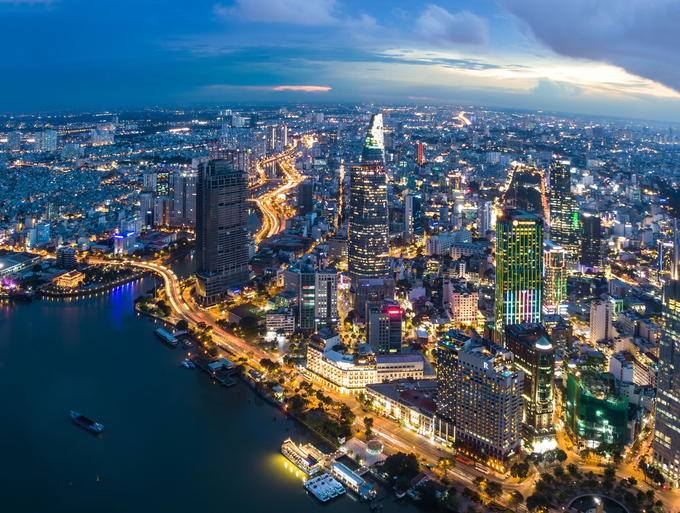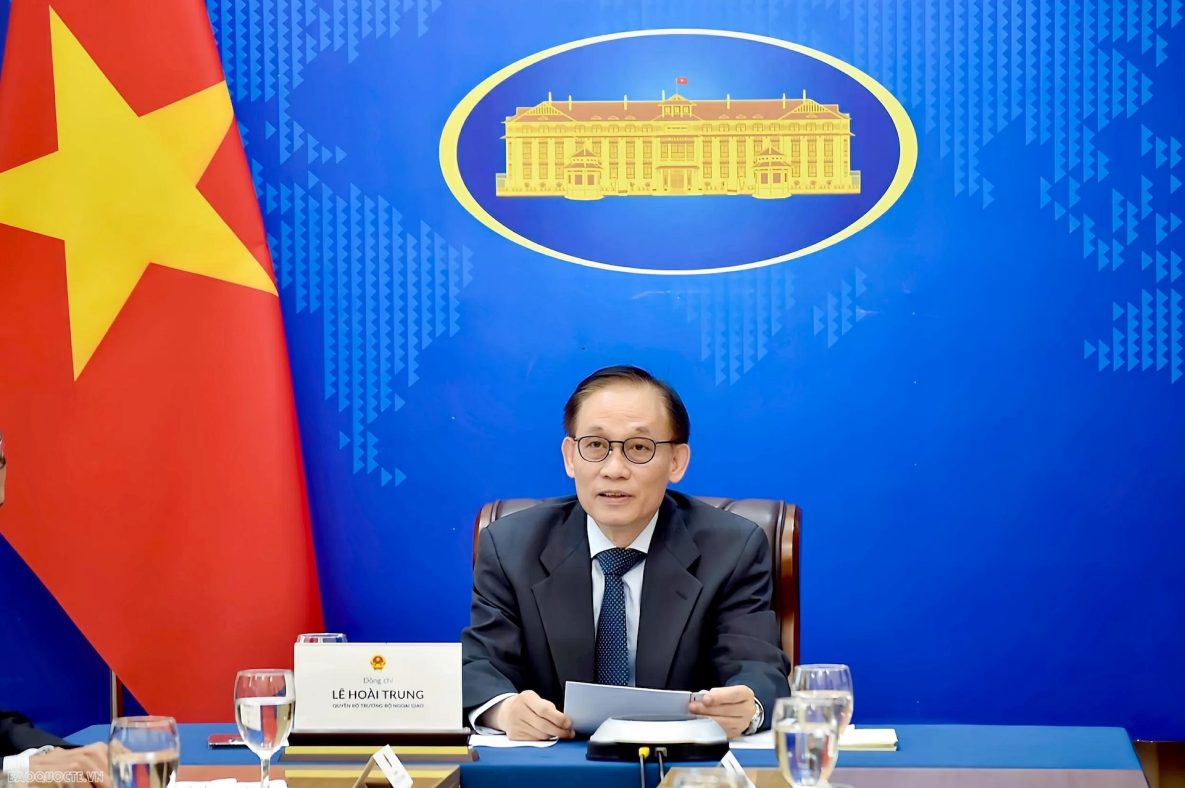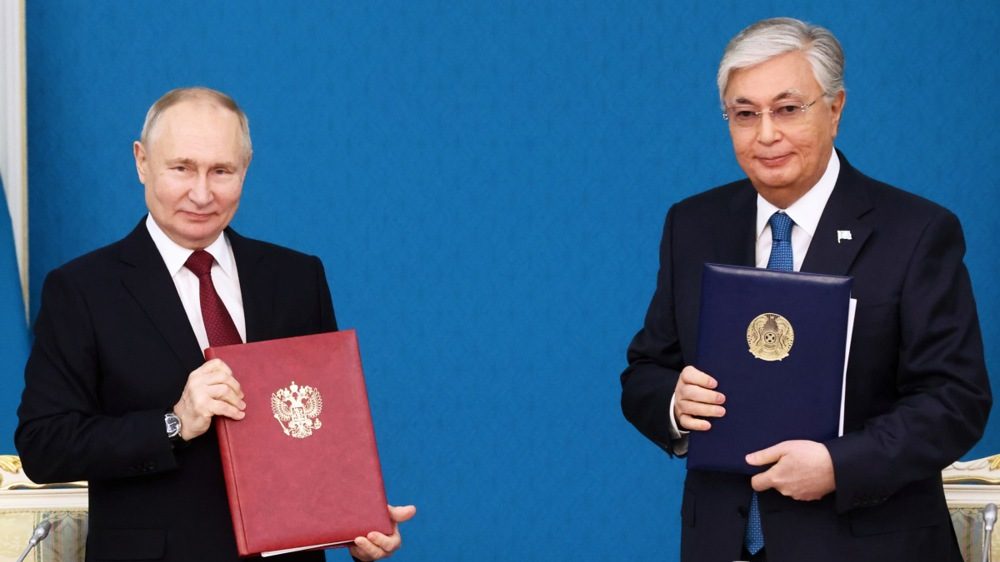Kazakhstan president calls for Central Asia renaissance as an Asia-EU bridge
Kazakhstan’s President Kassym-Jomart Tokayev has called for Central Asia to position itself as a link between Asia and Europe and as a separate regional actor in international relations.

Kazakhstan’s President Kassym-Jomart Tokayev has called for Central Asia to position itself as a link between Asia and Europe and as a separate regional actor in international relations.
In a new opinion piece “The Renaissance of Central Asia: Towards Sustainable Development and Prosperity”, the Kazakh president argues that the region has acted “as a single geopolitical and spiritual arena, endowed with significant natural resources, substantial human capacity, and an infinite cultural and historical heritage”.
While the Central Asian republics (Kazakhstan, Kyrgyzstan, Tajikistan, Turkmenistan, and Uzbekistan) were forecast to become “failed states” on account of the many modernisation challenges they faced, President Tokayev said “the nations of the region have proven their worth” and taken their “deserved place” in the international community.
Increasing political weight
Tokayev outlines the emergence of new dialogue platforms in the “CA plus” format to highlight the region’s increasing political weight in international politics, with nine summits and high-level meetings in this format.
He explained that other countries and international organisations have shown interest in interacting in this format, with an upcoming summit taking place for the first time with Japan, later in the year.
Upholding traditional values and combining that with a drive of modernisation and advanced knowledge, lead the development vector of Central Asia. From Tokayev’s perspective, the focus today is on strengthening the region’s role as the Eurasian epicentre of international geopolitical and geoeconomic transformations.
The five states comprising the region have developed a pragmatic strategy for foreign policy relations and have become full-fledged participants in global processes, actively promoting their ideas and projects in multilateral structures, or funding influential organisations.
“This allows us to speak confidently about the ‘Central Asian Five’ as a group of steadily developing and self-sufficient countries at the heart of the Eurasian continent,” says Tokayev.
The region has seen itself transform into an area of beneficial cooperation, with trade, investment, transport and communication potential developing dynamically, contributing to the increase of domestic and mutual trade volume.
A lot of attention is going towards the creation of joint ventures in fields such as industry, energy, agriculture, transport, and digitalisation, with an Action Plan being approved later this year among Central Asian states.
Cooperation in defence and security
In Tokayev’s vision, the ongoing complexity of the military and political situation along the periphery of Central Asia paves a clear way for collaboration in defence policy and security.
In his opinion piece, the Kazakh president advises the pursuit of comprehensive strategies for addressing pivotal concerns “in the fight against traditional and emerging threats”, as well as “active collaboration with the United Nations and other international and regional organisations”.
This sort of stability creates a safe space to further develop the economic potential and deepen cooperative ties between the Central Asian countries. The region now offers opportunities for trade, investment, science, and innovation.
Diversification and expansion of markets
Resources such as uranium, oil, and natural gas, which are concentrated in the region, offer a chance for a robust foundation for resilience to external shocks and the diversification of trade and production cycles, according to Tokayev.
The further development of transport logistics and transit hubs can make Central Asia one of the most important regions on the planet when it comes to global transportation communications.
New transportation corridors, such as the Trans-Caspian International Transport Route where Kazakhstan and its partners are actively involved, can lead to an increase in the volume of transportation. Other routes are being explored, which open doors to promising markets in South Asia and Indian Ocean ports.
Driving regional cooperation
Tokayev addresses food security and transitioning to a green economy as important domains in making the region independent despite geopolitical crises and helping reduce the negative effects of global climate change.
His own country is committed to increasing its share of renewable energy sources to 15 per cent by 2030 and aims to achieve carbon neutrality by 2060. Tokayev argues this would contribute to energy security and job creation.
Another domain where Kazakhstan is leading the way is the development of inter-university cooperation, with the opening of cross-university branches and joint faculties.
The aim is to turn Kazakhstan into a regional educational hub, and here Tokayev compares the region’s average age (28.7 years) to that of other regions such as North America (41.5), Europe (46.8), or China (48). This is a most valuable resource for its young intellectual generation.
Tokayev concludes that a successful Central Asia is a successful Kazakhstan, and his country “is ready to further develop integration processes to the extent that our strategic partners and allies in the region are ready”.
[By Xhoi Zajmi I Edited by Brian Maguire | Euractiv’s Advocacy Lab ]






